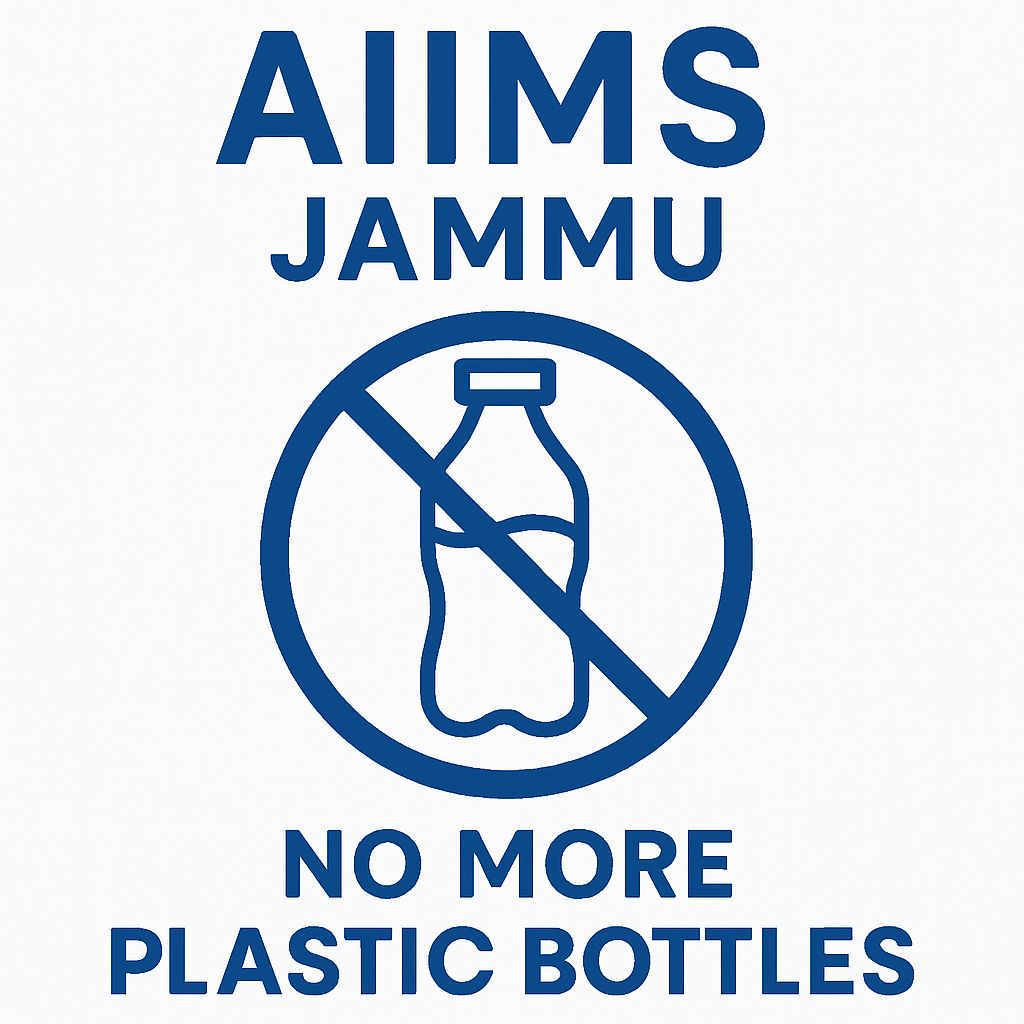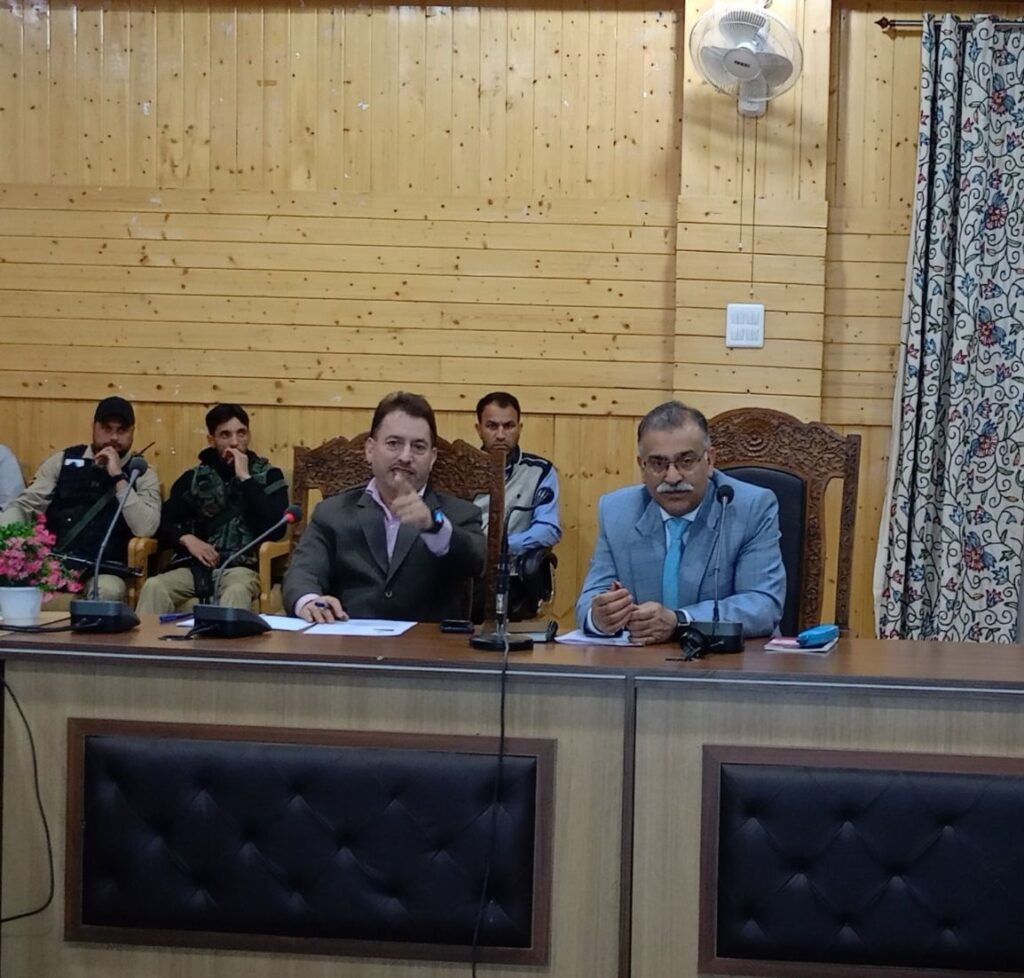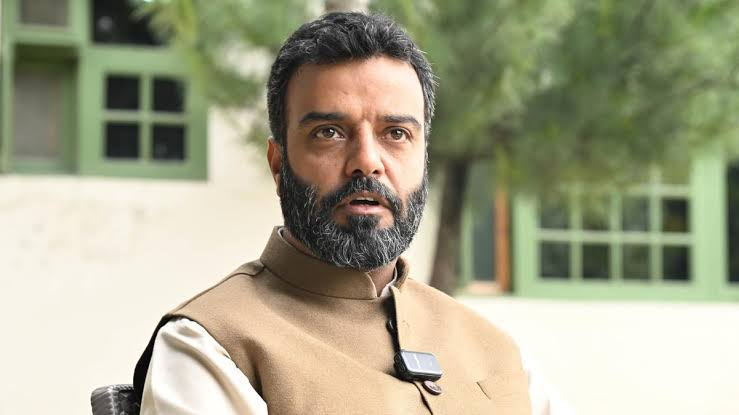JAMMU, APRIL 14: In a major step towards environmental sustainability, the All India Institute of Medical Sciences (AIIMS), Vijaypur, Jammu, has imposed a complete ban on the use of plastic water bottles across its campus. The initiative, which aligns with the national Swachh Bharat Abhiyan and Mission LiFE (Lifestyle for Environment), aims to promote eco-friendly practices and reduce plastic waste within the institution.
As per the statement issued to The Newsroom 24 – Awaz, the move was implemented under the visionary leadership of Prof (Dr) Shakti Kumar Gupta, Executive Director and CEO of AIIMS Jammu, as part of the Swachhta Pakhwada celebrations. The decision resonates with the vision of Hon’ble Prime Minister Narendra Modi, who advocates for sustainable lifestyle choices at individual and institutional levels, and Hon’ble Union Health Minister Jagat Prakash Nadda, who has emphasized the need for integrating sustainability into healthcare governance.
“Healthcare institutions must lead by example in promoting green practices, waste reduction, and environmental awareness as part of a holistic approach to public health,” the statement quoted the Union Minister.
Dr. Gupta stated that as healthcare professionals, their responsibility extends beyond human health to the health of the environment. “This initiative is to foster a culture of sustainability within healthcare institutions,” he said.
The implementation of this policy will be overseen by Col. Sanjay Garg, Deputy Director (Administration), AIIMS Jammu. Dr. Gupta highlighted that Col. Garg’s detailed planning and coordination with various departments will ensure the initiative is adopted across all verticals—ranging from logistics and procurement to awareness drives for staff.
The ban covers all areas of the AIIMS Jammu campus, including meetings, conferences, workshops, seminars, and institutional events. The regulation also applies to all external visits and collaborations conducted within the premises. To support this shift, the Institute has introduced several sustainable alternatives. While official guests will now be served water in glass bottles, faculty, staff, and students are being encouraged to use reusable steel and copper bottles. Biodegradable cups will accompany water dispensers in common areas, and in outdoor or traditional settings, the use of clay or earthen pots (matkas) will be promoted.
“This is not just an administrative measure—it is a call to action,” added Dr. Gupta. “It reflects our commitment to lead by example and create a model of sustainable healthcare administration.”









